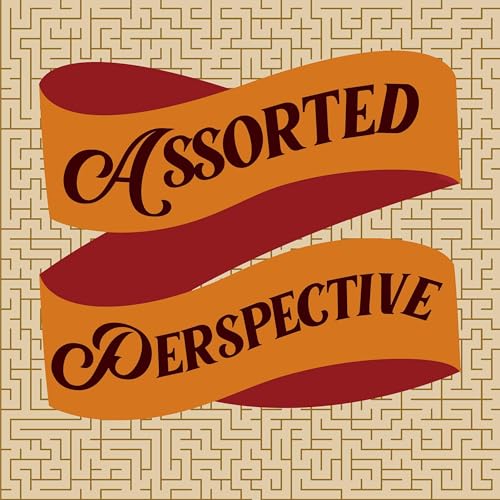
Libraries
Failed to add items
Add to basket failed.
Add to Wish List failed.
Remove from Wish List failed.
Follow podcast failed
Unfollow podcast failed
-
Narrated by:
-
By:
About this listen
Libraries
Anna finds an excuse to talk about libraries, Jackie shares stories that stem from her love for libraries.
They both find out what the true heart of the city is about.
Lessons learned:
- A city is not a tree (cities are best laid out in network formation)
- A city is also not a computer (you can’t create an app or install a camera to solve problems in a city)
- Libraries provide tons of services and support to their residents. They act as maintenance workers and caregivers.
- The Libby App is a must have for all people with library cards and smart phones
Source:
Mattern, Shannon Christine. A City Is Not a Computer: Other Urban Intelligences*. Places Books 2. Princeton: Princeton University Press, 2021.
*Explanation of title
Back in 1965 eccentric architect Christopher Alexander wrote a paper entitled “A city is not a tree” because he was tired of city design that resemble trees from a bird’s eye view. For instance, he cited the inefficient method of designing many small roads feed into roadways that feed into highways that feed into bigger highways. People are funneled to downtown through large roads.
Alexander proposed that cities should have a ‘semilattice’ structure, so the roads are not all feeding into the same highway, but mobile roadways and the downtown is broken up into multiple nodes. So, the city should resemble more like a network.
Networks would be like pouring skittles on a table and drawing lines to connect them. The skittles are the nodes, and the lines are roads. It allows for greater connectivity than tracing a tree diagram.
Imagine your friend lived on an opposite branch than you in a tree diagram and you would have to go to meet them. It would take way longer than if you lived in a city that looked like a skittle diagram.
Theme song by Sebastian Bracamontes
Hosted on Acast. See acast.com/privacy for more information.


